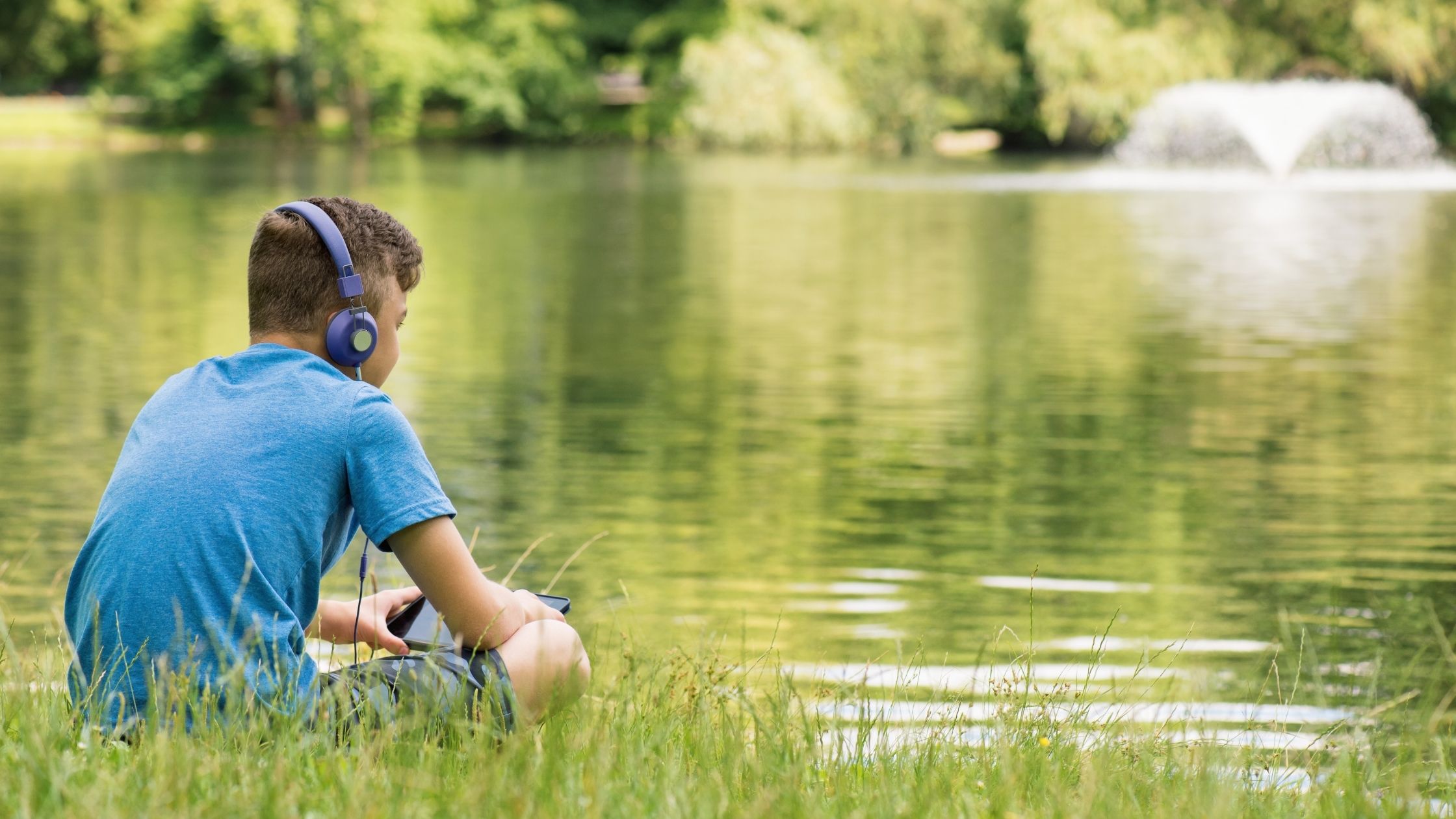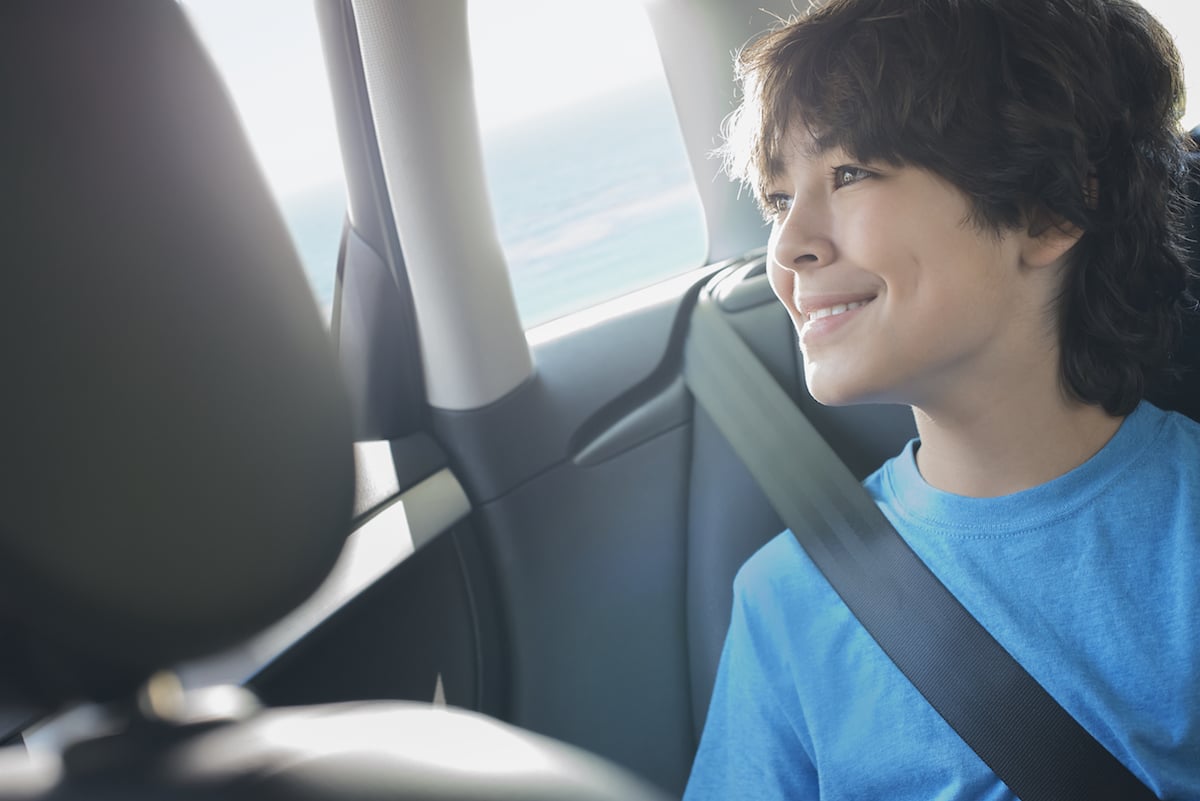Q: My son, 6, is often severely anxious. How do I give him a sense of safety? At what age could he start meds?
A: Just like adults, kids can experience anxiety with change. When there are bigger changes happening in a family’s life, kids sense that and can unduly worry.
News and media can also play a major role in building anxiety throughout childhood. The constant stream of news about natural disasters, school shootings and other tragedies can impact our kids more than we know.
As kids develop, so does their thinking. Initially, kids think quite concretely. Gradually, however, they develop more abstract reasoning. And their inability to be in control of certain situations can make them feel powerless to mitigate their concerns.
Parents should be particularly conscious of anxiety levels when kids are elementary school age.
There are many techniques you can implement to help your child.
If current events appear to be causing issues, start by minimizing exposure to TV, radio or online news. Parents can present newsworthy items to their children, instead of letting them be exposed to constant negative images through outside sources. Provide news in the right context to ease fears. Ask your kids how they feel about what you’ve said — and ensure they know that parents and other grown-ups (teachers, grandparents and others) are there to keep them safe.
Other coping techniques include apps for kids that are designed to help with deep breathing and relaxation. You can also foster a home environment of mindfulness to de-escalate day-to-day concerns by concentrating on things that are important to your child.
Speak with your clinician if you try these techniques and notice that your child is still impacted by anxiety in a way that hinders daily life. For example, a continued pattern of tantrums before school or the same worries expressed repeatedly before bedtime. Your clinician will begin with similarly conservative methods, working with you to apply integrative behavioral health strategies or partner you with a psychologist.
If anxiety continues to build, your clinician may recommend anti-anxiety medication. Anxiety medications are safe for pediatric patients under the right circumstances when a medical professional deems them necessary. Partner with your clinician to better understand how you can best help your child.
Dr. Gigi Chawla is a board-certified pediatrician and the chief of general pediatrics at Children’s Minnesota.





















